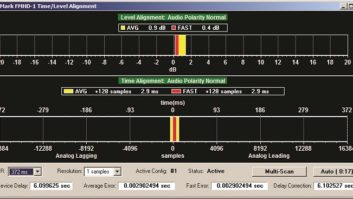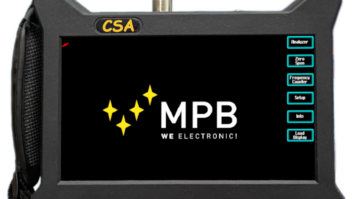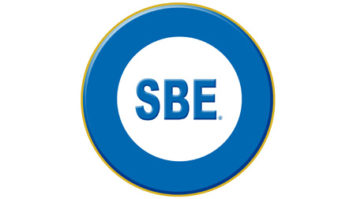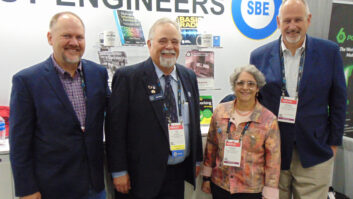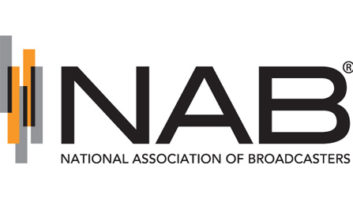The other theory for changing the priority rule, the FCC said, is that “priority status for LPFM applications is necessary to overcome the preclusive impact of more than 13,000 technical proposals filed during the 2003 Auction No. 83 FM translator window.”
Some commenters argue that LPFMs are not entitled to special consideration because they had first crack at applying for new stations in the 2000-2001 LPFM filing window, while translator advocates said their last opportunity (before 2003) had been in 1997.
The Station Resource Group, an alliance of 45 pubcasters operating a total of about 170 stations, told the commission the reason LPFMs get squeezed out of opportunity is “a maxed out spectrum situation” that prevents any broadcasters — NCE or commercial, translators or LPFM stations — from obtaining new licenses in virtually all major markets and many medium-sized markets.
Reading the Report & Order and Further Notice, you can almost hear the commission staff saying “hear, hear.” The FCC agreed about the “maxed out” spectrum situation and says it needs to consider whether Auction 83 thwarts its goal to provide both LPFM and translator applicants fair access to new spectrum.
Spectrum demand keeps rising, the agency said, noting for instance that the number of applications filed during the AM new and major change windows had increased from 258 in 2000 to more than 1,300 just four years later.
Also there were about 1,850 licensed FM translators and co-channel boosters operating as of September 1990; as of Dec. 31, 1997, shortly after the commission imposed a freeze on new nonreserved band translator filings, about 2,880 translators were operating nationally. By early 2005 it was around 3,900.
Given these issues, the FCC said it needs more information to make a decision on the LPFM vs. translator priority issue and invited further comments.
However, it did take some bold steps in its decision.





